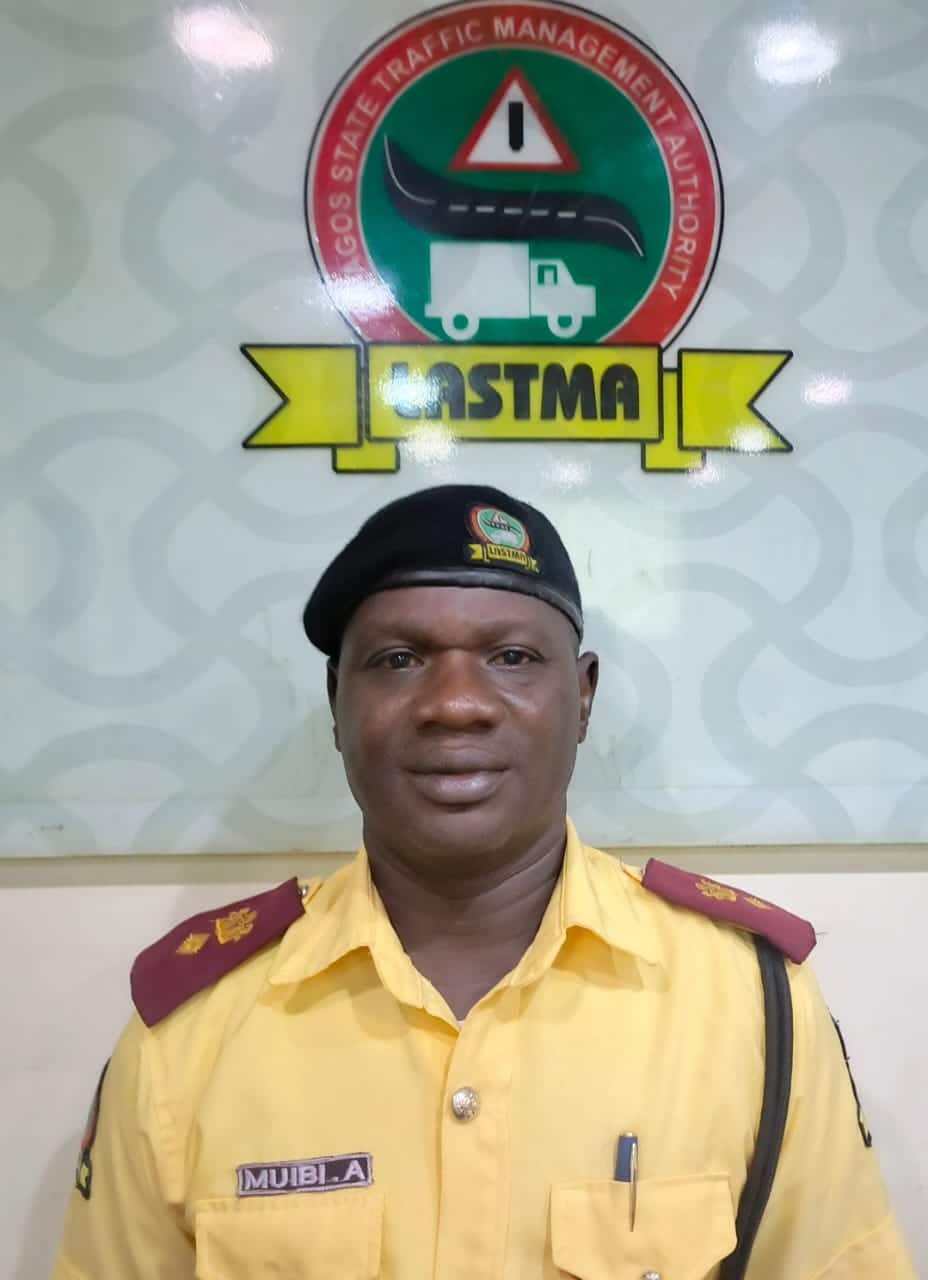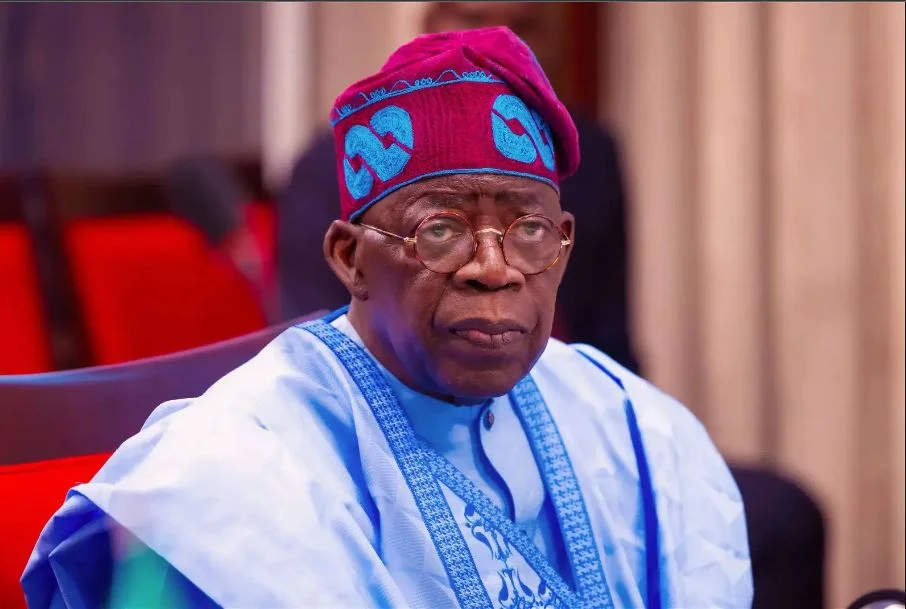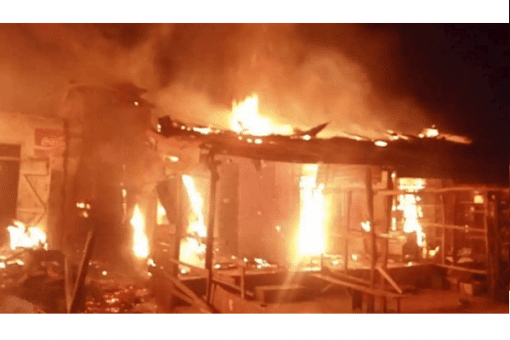The Attorney-General of the Federation and Minister of Justice, Prince Lateef Fagbemi (SAN), has directed a comprehensive multi-agency review of the proposed list of individuals recommended for presidential pardon.
Key agencies involved in the review include the Economic and Financial Crimes Commission (EFCC), National Drug Law Enforcement Agency (NDLEA), Independent Corrupt Practices and Other Related Offenses Commission (ICPC), and the Nigeria Police Force.
Sources familiar with the process revealed that a significant portion of the nominees—potentially more than half—may be removed from the list following the review.
President Bola Tinubu is reportedly awaiting the outcome of the screening exercise before giving his final approval, as the administration works to ensure that only eligible and deserving individuals benefit from the presidential clemency.
Earlier, President Tinubu had exercised his constitutional authority to grant clemency to 175 convicted individuals, a move announced by the Attorney-General during the October 9, 2025, Council of State meeting. The beneficiaries include individuals convicted of white-collar crimes, illegal mining, drug-related offences, and some high-profile and controversial figures such as Maj. Gen. Mamman Vatsa (posthumously), Prof. Magaji Garba, Ken Saro-Wiwa, members of the Ogoni Eight, and Maryam Sanda, convicted in 2017 for the murder of her husband.
The Presidency officially released the full list of beneficiaries on October 11, dividing them into six categories: general pardons, posthumous pardons, recognition of the Ogoni Nine as victims, presidential clemency, commutations for inmates on death row, and recommendations for reduced prison terms.
However, the inclusion of several controversial names on the list triggered pushback from various security and anti-corruption bodies. Law enforcement agencies reportedly raised concerns about certain individuals still under investigation or facing unresolved cases.
In response, the Attorney-General clarified on October 16 that the clemency list was still under review and had not been finalized. He noted that the review was necessary due to claims that some names were added by junior members of the clemency committee without proper authorization or vetting.
An official from one of the reviewing agencies confirmed that several individuals did not meet the required criteria and remain in custody, as their release has been halted pending further investigation.
Senior officials within the Ministry of Justice confirmed that the list has been circulated to all relevant bodies for thorough background checks and screening. This step is intended to avoid the recurrence of previous controversies over politically motivated or ethically questionable pardons.
One senior government official stated, “This review is being conducted in line with President Tinubu’s directive to ensure that due diligence is followed. The aim is to guarantee transparency and uphold the integrity of the process.”
Another high-ranking source disclosed that preliminary findings from the EFCC, ICPC, and NDLEA had already begun to flag problematic entries. “It is likely that a substantial number of names will be removed based on the agencies’ feedback. The government wants to avoid granting clemency to individuals with pending corruption or serious criminal charges.”
The agencies are said to be cross-checking the nominees’ backgrounds to ensure no one with an active case or unresolved legal matter benefits from the pardon. The final vetted list will be submitted to the President for endorsement once the screening is complete.
Kamorudeen Ogundele, Special Assistant on Communication and Publicity to the Attorney-General, confirmed that the review is ongoing in collaboration with relevant agencies to uphold all legal and ethical standards.
Internal sources suggest that the scrutiny was triggered by concerns within government circles that certain individuals being considered for clemency have ongoing cases, particularly involving corruption or drug trafficking.
While some Politically-Exposed Persons—such as Herbert Macaulay and Farouk Lawan—may pass the review as they are not linked to violent crimes, the inclusion of individuals like Maryam Sanda, convicted of a violent domestic murder, has remained controversial. Members of the victim’s family have expressed mixed reactions to her potential release.
Also under review are cases such as that of Major Alabi Akubo, sentenced to life imprisonment for illegal possession of firearms, and Kelvin Prosper Oniarah, a notorious kidnapper with a vast network of operations spanning several states.
The final decision on the clemency list is expected after the completion of the security agencies’ assessments.








